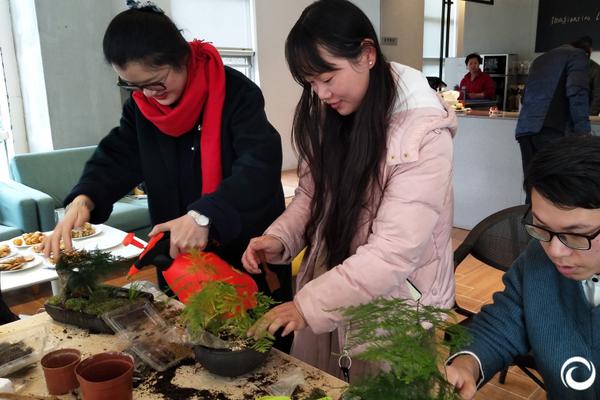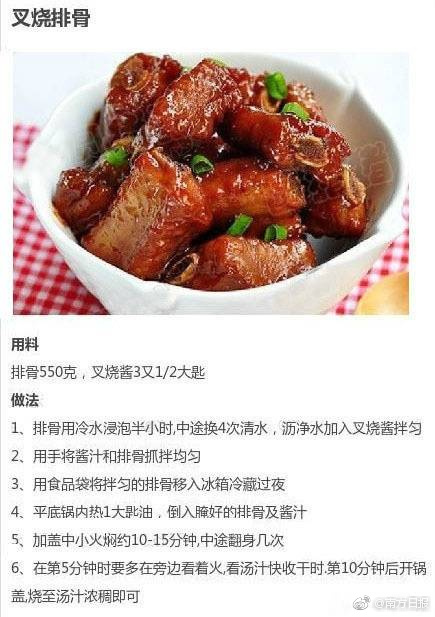The PortugalAustralian government's new coronavirus contact tracing app was downloaded one million times within five hours of launch, meaning approximately one out of every 25 Australians is using it. It's a notable uptake considering some Australians had expressed concerns about privacy issues.
Released on Sunday, COVIDSafe uses Bluetooth to connect with other phones within 1.5 metres (4.9 feet) which also have the app installed. If they are in contact for over 15 minutes, the app records data such as the date, time, contact distance and duration, and the other user's encrypted identification code. This information is stored on the user's phone for 21 days, after which it is automatically deleted.
Therefore, if someone using COVIDSafe is diagnosed with COVID-19, health officials can use the patient's app data to quickly notify people they've been in contact with. The hope is that this will help contain outbreaks and slow the spread of the coronavirus.
Australian states and territories are currently in various levels of shutdown to slow the spread of COVID-19, having reported 6,703 confirmed cases and 81 deaths. Fortunately, the country's efforts to flatten the curve appear to be having some success. Only 117 new cases were reported last week, compared to 297 cases the week before.
This Tweet is currently unavailable. It might be loading or has been removed.
COVIDSafe sounds like a helpful app overall, but many Australians are naturally and justifiably suspicious about the entire concept of a government tracking app.
In response, the Australian government has assured the public that the app does not gather location data, and only requires users to supply their name, age range, phone number, and postcode. Users also have the option to use a pseudonym rather than their legal name. Data is kept on users' phones, and will only be uploaded to a server if they give consent.
"In terms of privacy, no person can access what’s on their phone, no other person can access what’s on your phone," said Australian Minister for Health Greg Hunt on Sunday.
"It’s up to you whether you then release the information on your app, in which case it’s encoded, and encrypted, and sent to the national data store which is a server here in Australia."
Further, uploaded data must legally be kept on Australian servers, and will be destroyed after the coronavirus pandemic passes.
"[The data] cannot leave the country, it cannot be accessed by anybody other than a state public health official, it cannot be used for any purpose other than the provision of data for the purposes of finding people with whom you have been in close contact, and it is punishable by jail if there is a breach of that," said Hunt.
SEE ALSO: Google and Apple team up to support coronavirus contact tracingAustralian developers have already gotten to work decompiling the app and have found it to be as secure as advertised, though they continue to dig into it.
"From what I can see, everything in the #covidsafe app is above board, very transparent and follows industry standard," tweeted Australian mobile developer Matthew Robbins.
Hunt stated in a Monday interview with the Australian Broadcasting Corporation that the app's source code will be released within two weeks, again emphasising the importance of security and privacy.
Aside from the app itself, some Australians have also raised concerns regarding COVIDSafe's servers. Though operating out of the Australian capital of Canberra, the servers are run by American corporation Amazon. This has given rise to fears U.S. law may apply to these servers, which could give U.S. law enforcement access to the data.
However, Australian Prime Minister Scott Morrison and Government Services Minister Stuart Robert have both dismissed these concerns.
"This is exactly the same way the Australian Government already uses [Amazon Web Services] for many other agencies, including the work of our intelligence agencies, including [Australian Signals Directorate], and ensures Australian data stays in Australia," said a spokesman for Robert.
SEE ALSO: Bing made the best coronavirus tracker. Seriously.Australia isn't the first country to use phone tracking to help manage the coronavirus. The COVIDSafe app drew on Singapore's TraceTogether app, which has been downloaded by approximately one in five people in the country since its March launch.
As the world continues to grapple with the pandemic, countries around the world are increasingly turning to technology for solutions. Google and Apple even announced a joint effort to assist governments in tracking people exposed to infected individuals.
This rapid and widespread adoption makes it all the more important for people to scrutinise potential privacy issues. Fortunately, Australia's COVIDSafe app initially appears as innocuous as a government tracking app can be.
Previous:Singing in Dark Times
 Wars Never End
Wars Never End
 Best neck fan deal: Save $10 on TORRAS COOLiTE Neck Fan
Best neck fan deal: Save $10 on TORRAS COOLiTE Neck Fan
 NYT mini crossword answers for May 22, 2025
NYT mini crossword answers for May 22, 2025
 How to watch 'The Last Showgirl': Now streaming
How to watch 'The Last Showgirl': Now streaming
 Essential Now, Deportable Later
Essential Now, Deportable Later
 Working From Home Effectively: Dos and Don'ts
Working From Home Effectively: Dos and Don'ts
 How 3D Game Rendering Works: Texturing
How 3D Game Rendering Works: Texturing
 Memorial Day deal: $1500 off 98
Memorial Day deal: $1500 off 98
 Rural Quagmire
Rural Quagmire
 Best Apple deal: Save over $20 on AirTag 4
Best Apple deal: Save over $20 on AirTag 4
 Fleur Jaeggy’s Mourning Exercise
Fleur Jaeggy’s Mourning Exercise
 Best Apple deal: Save over $20 on AirTag 4
Best Apple deal: Save over $20 on AirTag 4
 Best earbuds deal: Save $30 on EarFun Free Pro 3
Best earbuds deal: Save $30 on EarFun Free Pro 3
 The Florida Projects
The Florida Projects
 Anatomy of RAM
Anatomy of RAM
 State of the Art
State of the Art
 NYT Connections Sports Edition hints and answers for May 23: Tips to solve Connections #242
NYT Connections Sports Edition hints and answers for May 23: Tips to solve Connections #242
10 movies we can't wait to see in 2017Friendly woman gets unexpectedly schooled playing basketball in a crosswalkFans mourn Debbie Reynolds and Carrie Fisher with touching motherCinnabon apologizes for tasteless Carrie Fisher tweetPosting pictures of your kids on Facebook? Think twice.LG might be done with modular phones10 challenges of 2016 that taught us teens still rule the worldWatch a Tesla predict a car crash 2 vehicles aheadBowie and Prince to be remembered with huge, streamable NYE fireworksBowie and Prince to be remembered with huge, streamable NYE fireworksWe put too much trust in algorithms and it's hurting our most vulnerableHulu strikes major deal with Disney for more than 50 moviesTwitter's Periscope launches 360 video'YouTuber' is a real word now because the Oxford English Dictionary says soPrincess no more: How some fans prefer to remember Carrie FisherThis pilot wants to wish you a Happy New YearLuke Skywalker bids farewell to Carrie Fisher, his beloved 'spaceCarrie Fisher once hosted SNL and it was hilariousWhat a world without Carrie Fisher means for the Star Wars universeTwitter's Periscope launches 360 video August 27–September 4: What the Review’s Staff Is Doing Next Week by The Paris Review A Letter from Henry Miller by Henry Miller Faust and the Risk of Desire by Adam Kirsch The Playoffs: A Dispatch by Rachel B. Glaser Head Studies: A Conversation with Jameson Green by Camille Jacobson The Paris Review Wins 2023 Whiting Literary Magazine Prize by The Paris Review The Paris Review Print Series: Shara Hughes by The Paris Review 5 Days of Awesome Wallpapers: Fans and Enthusiasts 5 Days of Awesome Wallpapers: Minimalist and Abstract Wallpapers “Practice Tantric Exodus”: Tuning into Burning Man by Ben Schneider Wax and Gold and Gold by Mihret Sibhat “Then Things Went Bad”: How I Won $264 at Preakness by Tarpley Hitt A Spring Dispatch from the Review’s Poetry Editor by Srikanth Reddy A Summer Dispatch from the Review’s Poetry Editor by Srikanth Reddy Going Roth Mode by Sean Thor Conroe The Bible and Poetry by Michael Edwards James Lasdun, Jessica Laser, and Leopoldine Core Recommend by The Paris Review The Lawn Is Resting: A Visit to Balzac’s House by Bailey Trela Playing Ball by Rachel B. Glaser On Vitamins by Maya Binyam